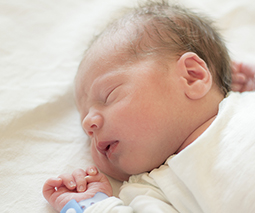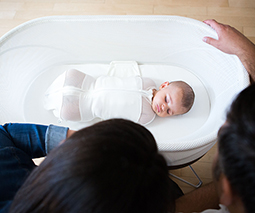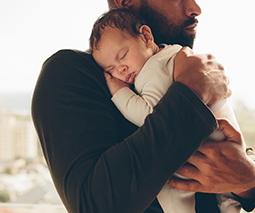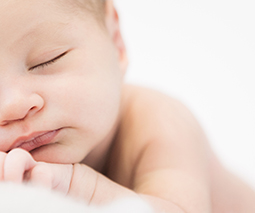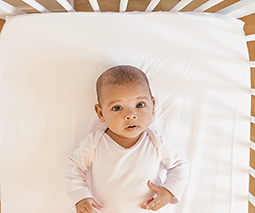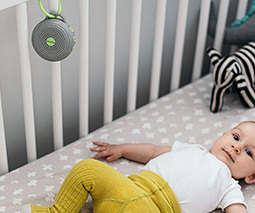Researchers pinpoint when parents’ sleep deprivation is at an all-time low
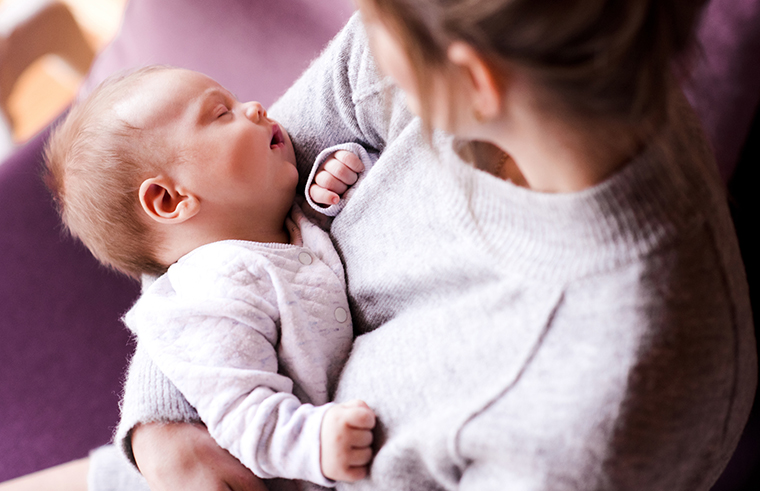
You know the feeling when your baby finally starts sleeping through the night, but your body still wakes you up at 5am because it’s cruel like that?
When good sleep goes bad
Well, according to a study published in the journal Sleep, disturbed parental sleep can go on for as long as six years after the birth of the child.
I’m sorry … what?! Are you telling me that after months of the expected newborn night-wakings which inevitably lead into disturbed toddler sleep that there is no end in sight for six years?!
Yes, you read that right.
Researchers from the University of Warwick, in collaboration with the German Institute for Economic Research and the West Virginia University, tracked the sleep of 4,659 parents as their family size increased and found that sleep deprivation hits an all-time low at about three months after birth, affecting women the most.
Dr Sakari Lemola, from the Department of Psychology at the University of Warwick, said: “Women tend to experience more sleep disruption than men after the birth of a child, reflecting that mothers are still more often in the role of the primary caregiver than fathers.”
And even though sleep does improve as the firstborn grows, apparently parents can kiss quality nighttime sleep goodbye.
The results are hardly surprising
After new parents work out how to soothe their newborn in the early days, in no time at all, they are faced with unsettledness due to growth spurts. Then comes every parent’s joy – teething, hooray! As they grow up, children can wake during the night when they’re unwell, restless, sick or have bad dreams. All the while, the general stress and anxiety that comes with being a parent affects parents’ sleep, too.
The study participants were interviewed face-to-face once a year between 2008-2015. Individual participants were asked to rate their sleep quality on a scale of 0 to 10, and were questioned about their regular sleep habits during the week and also on the weekend.
And the results confirmed that it’s all downhill in terms of sleep for women after giving birth to their first child.
On average, the mums lost about 40 minutes of sleep a night in the year after their baby arrived, compared to their pre-pregnancy sleep levels regardless of whether it was their firstborn or not.
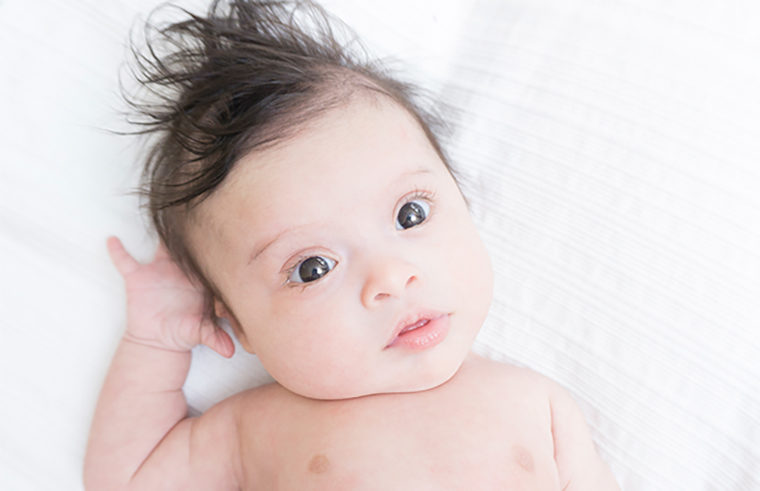
Third time’s a charm
Contrastingly, after the birth of a second child, mothers’ sleep recovered to levels of before pregnancy and almost bounced back totally for the third child.
Mothers of three all around the world know the reason for this, don’t we?
“Your baseline is lower,” confirms Dr Sakari Lemola.
No, really?! So third-time mothers are lucky in a sense that their body already knows what it is like have no sleep, and so it bounces back quick smart. That’s gotta be a silver lining!
Luckily though for the fathers, the study found that the effects of sleep deprivation were far less pronounced. Even when their firstborn offspring was three months old, fathers were found to only lose 13 minutes of sleep.
Fathers weren’t totally unaffected, though. The team of researchers found the impact of the first child lingered for both parents.
So next time you’re feeling like you’re exhausted and you can’t work out why … just remember, your baby is only two years old, and there is another four years of crappy sleep quality coming your way. The perspective is really refreshing, isn’t it?
Hang in there!
 Need some more baby sleep advice? Our Parent School sleep experts can help. Click to find out more or book a one-on-one session.
Need some more baby sleep advice? Our Parent School sleep experts can help. Click to find out more or book a one-on-one session.

